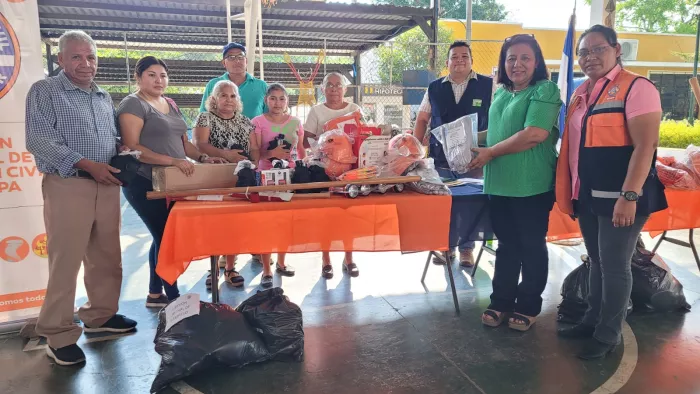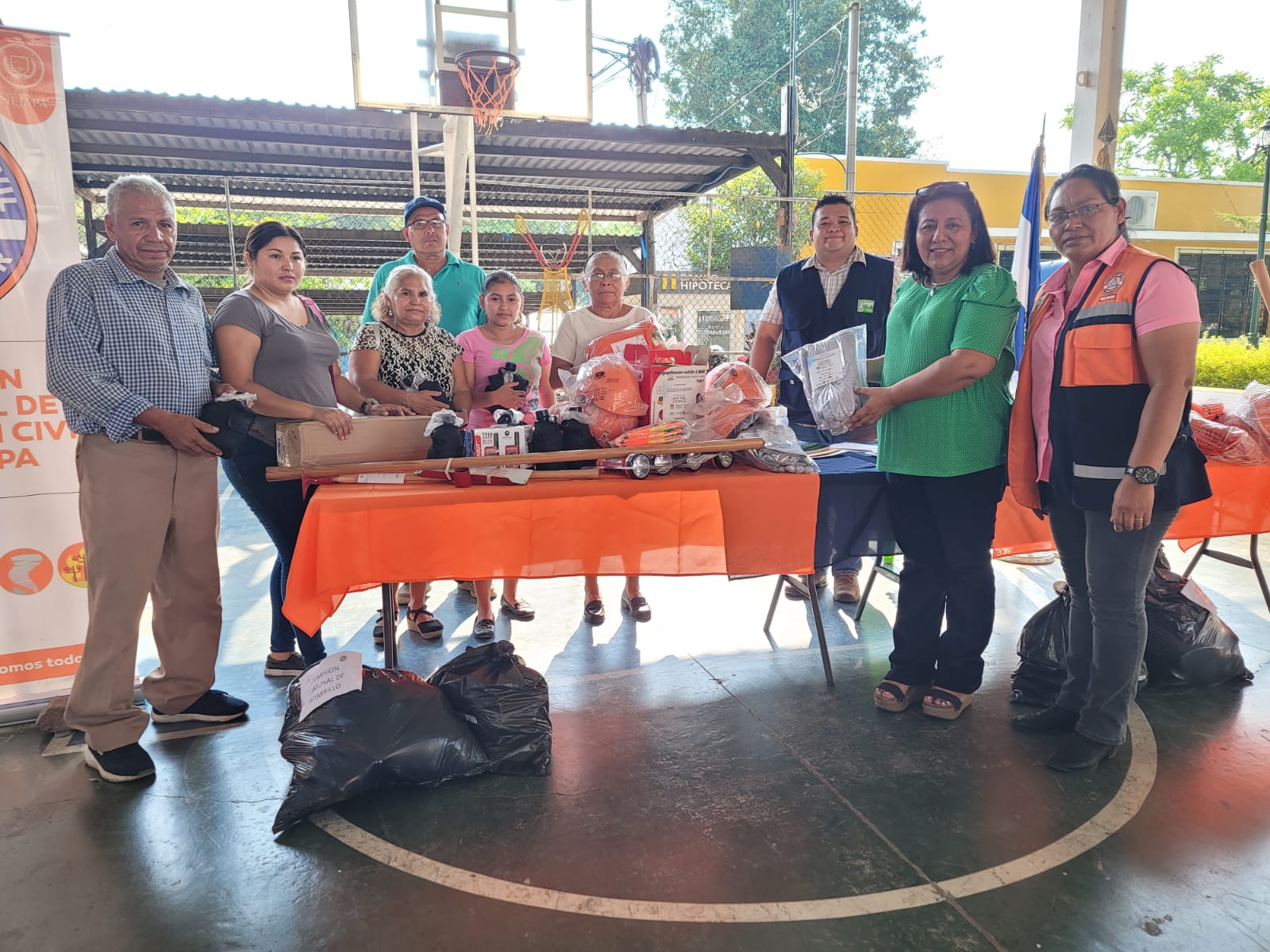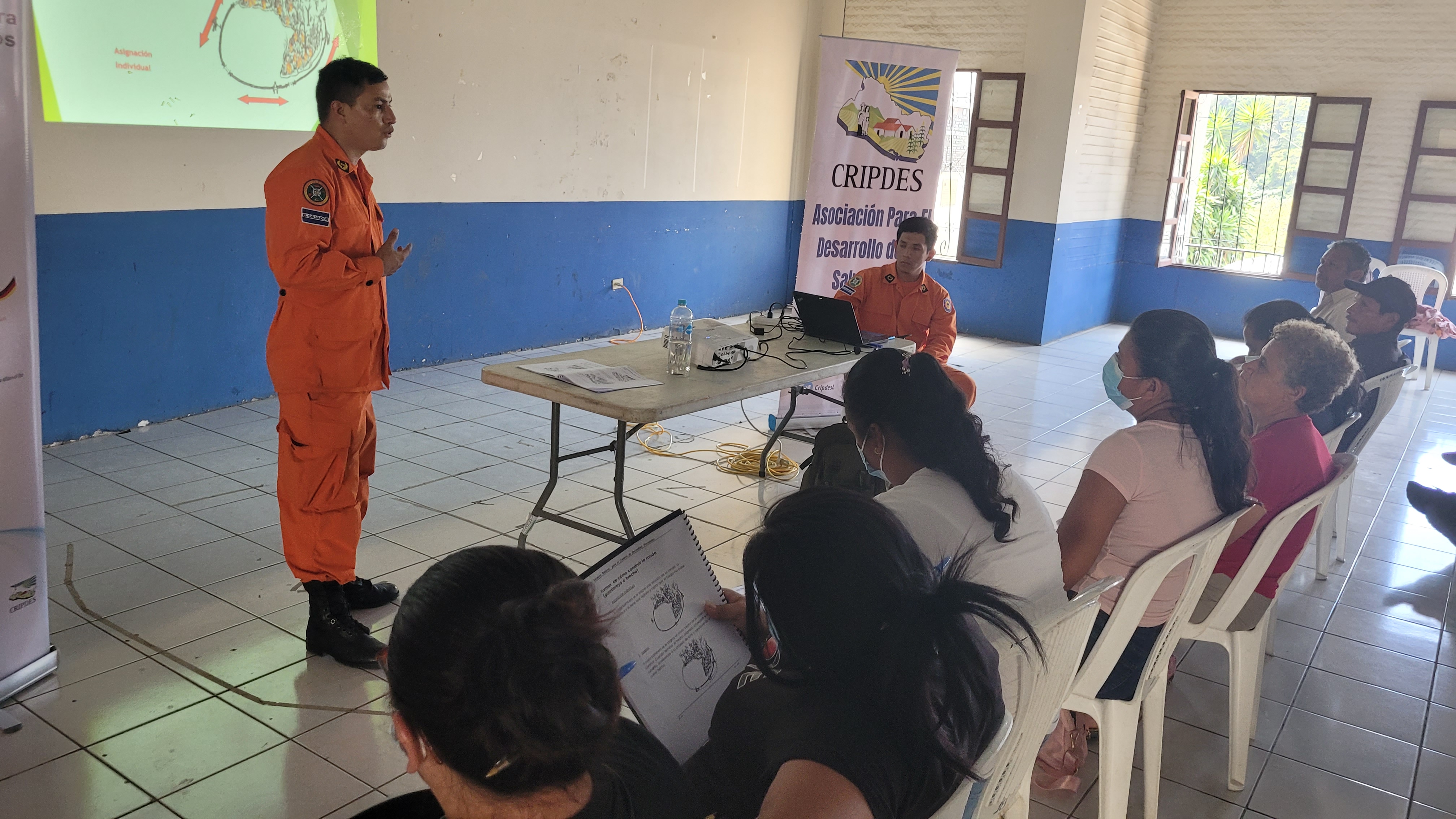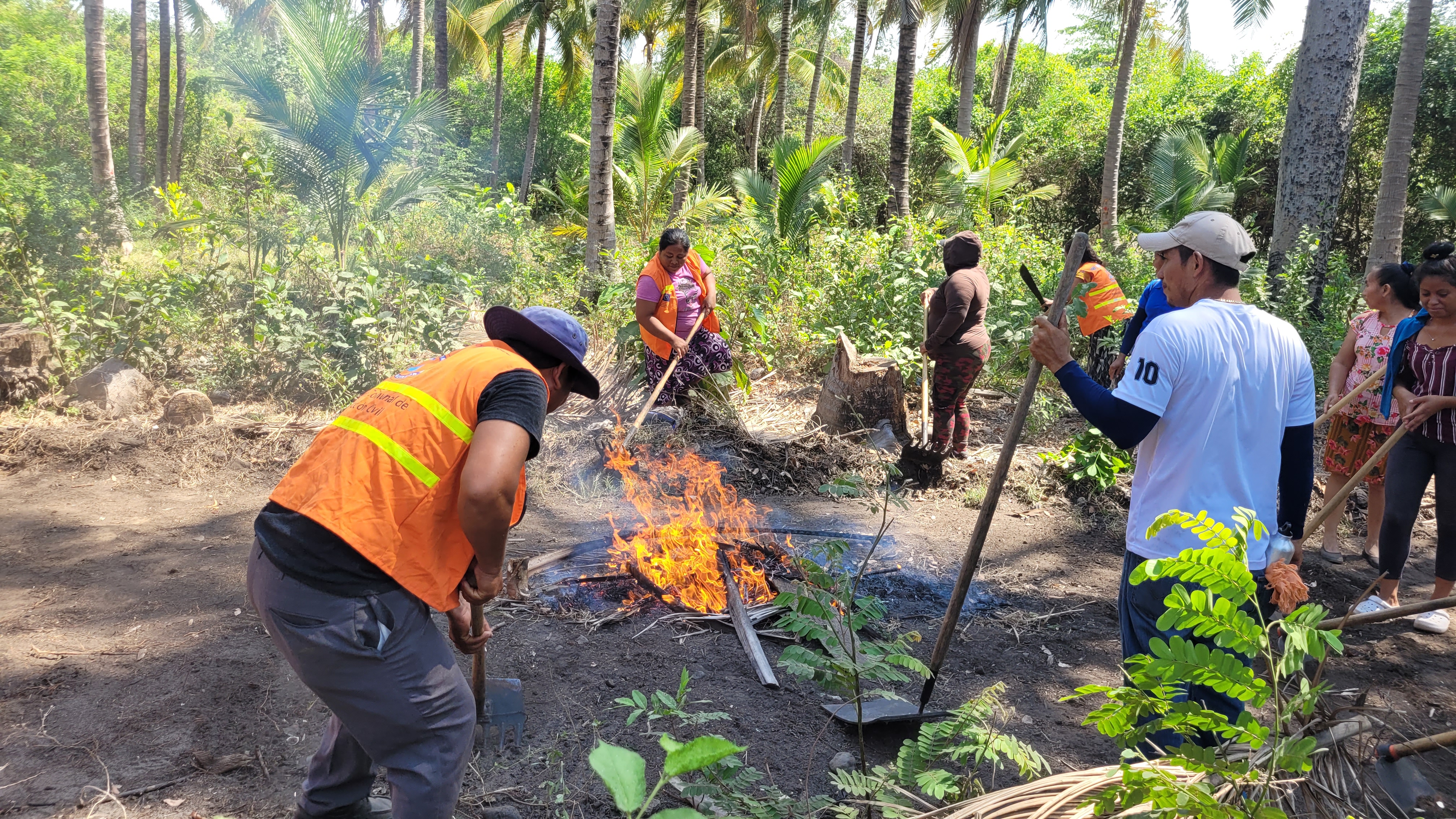
Enhancing Collaboration and Flexibility: A Case Study on Anticipating Wildfires in El Salvador
El Salvador, a country highly vulnerable to climate change-related impacts, frequently faces challenges posed by extreme weather and man-made phenomena. The nation experiences fluctuating climatic events, ranging from heavy rainfall (sometimes resulting in floods and sea-level rise) to prolonged droughts (which create conditions conducive to wildfires). Wildfires have a significant impact on various aspects of life, including health and agriculture. This case study explores how a consortium, led by a Start Network local non-governmental organisation (LNNGO) called PRO-VIDA, implemented a project in collaboration with partners Catholic Relief Services (CRS), Oxfam, HelpAge International, and World Vision. The study also highlights the role of the Start Fund in addressing the unique funding needs associated with wildfire crises.
On 17 February 2023, the consortium was selected to respond to the wildfire crisis in El Salvador. With incidences of wildfire having been expected to reach their peak roughly one month after Alert 683 was raised, the anticipatory project aimed to bridge the gap between equipment and training within the community, particularly focusing on disaster risk reduction (DRR) activities. Strong collaboration among consortium members proved invaluable in ensuring the success of activities. With shared decision-making and close coordination, the consortium leveraged the expertise and resources of each organisation to deliver effective interventions. Local partners and authorities were actively engaged, further strengthening the project's impact.
The following activities were implemented:
- A total of 1731 individuals were trained in basic forest fire control techniques.
- Additionally, 16 municipalities were equipped with necessary resources and have since developed risk management plans specifically for fire control.
- Finally, a new team comprising 56 trainers has been established with the aim of providing support to communities in need of training on wildfire control.
PRO-VIDA, a LNNGO, led the consortium—a remarkable and unique approach within the Start Fund. This arrangement brought several advantages (according to feedback provided by the INGO implementing partners). These included the benefit that PRO-VIDA's leadership provided a deep understanding of local dynamics, familiarity with Start Fund procedures, and greater flexibility in internal processes, avoiding bureaucratic hurdles. Along with the LNNGO's expertise, its long-standing in-country presence added significant value to the project, benefiting both the consortium and affected communities.
Anticipating wildfires presents unique challenges, as it is difficult to predict when and where they will occur. Despite utilising indicators like ‘hot spots’- where fires had been recurring over some time, temperature, forest conditions, and light intensity, accurate forecasting remains elusive as fires are most often accidental or the result of arson. However, through community engagement and contingency planning, behaviour change can be fostered, motivating individuals to actively participate in preventing and managing these disasters. The Start Fund played a crucial role in funding this type of crisis, as it provided the flexibility necessary to address a situation that had been largely overlooked by other donors. By supporting anticipation activities, the Start Fund filled an essential gap in humanitarian funding, enabling affected and at-risk communities to proactively work on the wildfire threat.
The successful implementation of this project in El Salvador highlights the value of collaboration, anticipation and localisation in addressing less predictable crises such as wildfires. By leveraging the expertise and resources of multiple organisations, the consortium was able to make a significant upgrade on frontline preparedness. Start Fund’s support further underscored the importance of flexible funding mechanisms in addressing crises that may not fit traditional response or anticipation frameworks.
These villages are very far from urban centres, it would take firefighters a long time to get here, almost an hour, while the communities are here and know the terrain. Training them allows them to respond immediately and replicate the knowledge in their community",Mayor of San Francisco Javier, El Salvador
We learned a lot about the risks and how to use the different tools. As women in our community, many of us are actively engaged in farming, and it was empowering to be recognized and included on equal terms with menFocus Group Discussion Participant
We are very proud to have a local organisation leading this project. They are committed to local development because they are the ones present in the territory and it aligns with the approach of each member organisation to support and work with local agencies.Marisabel Colorado, Oxfam



